




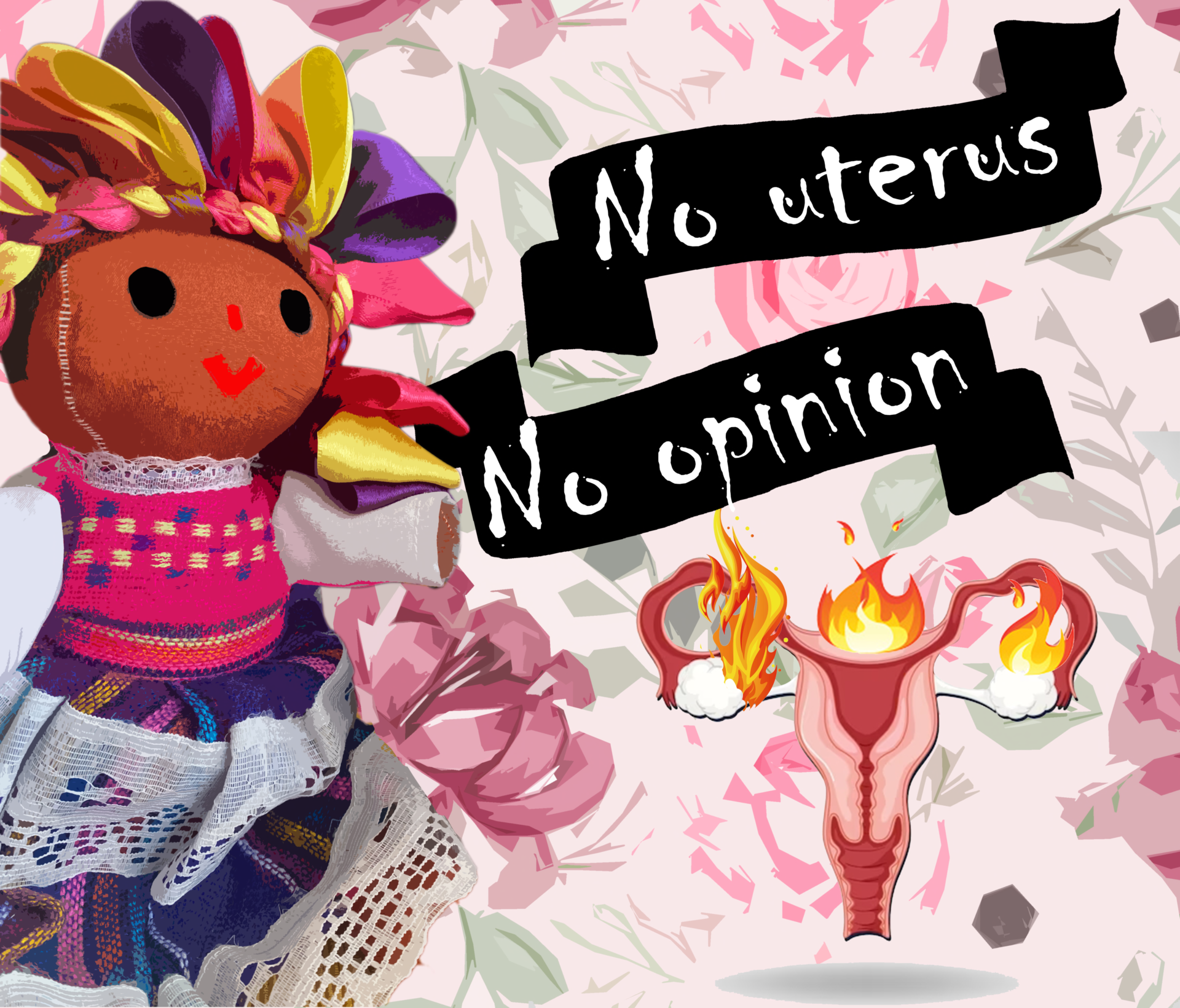
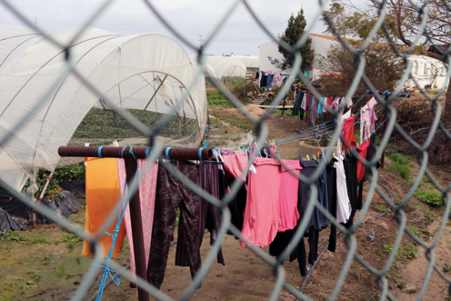
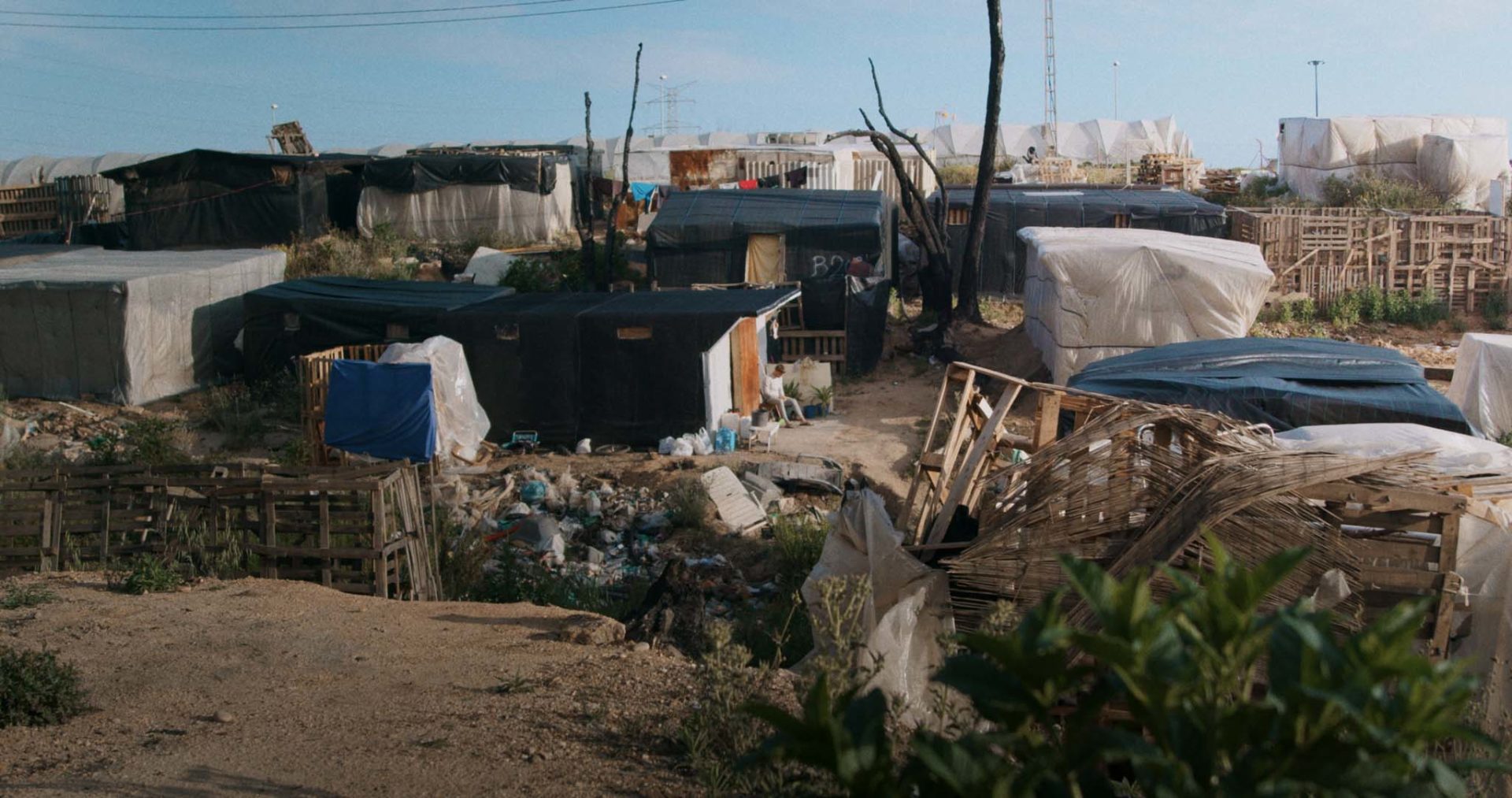
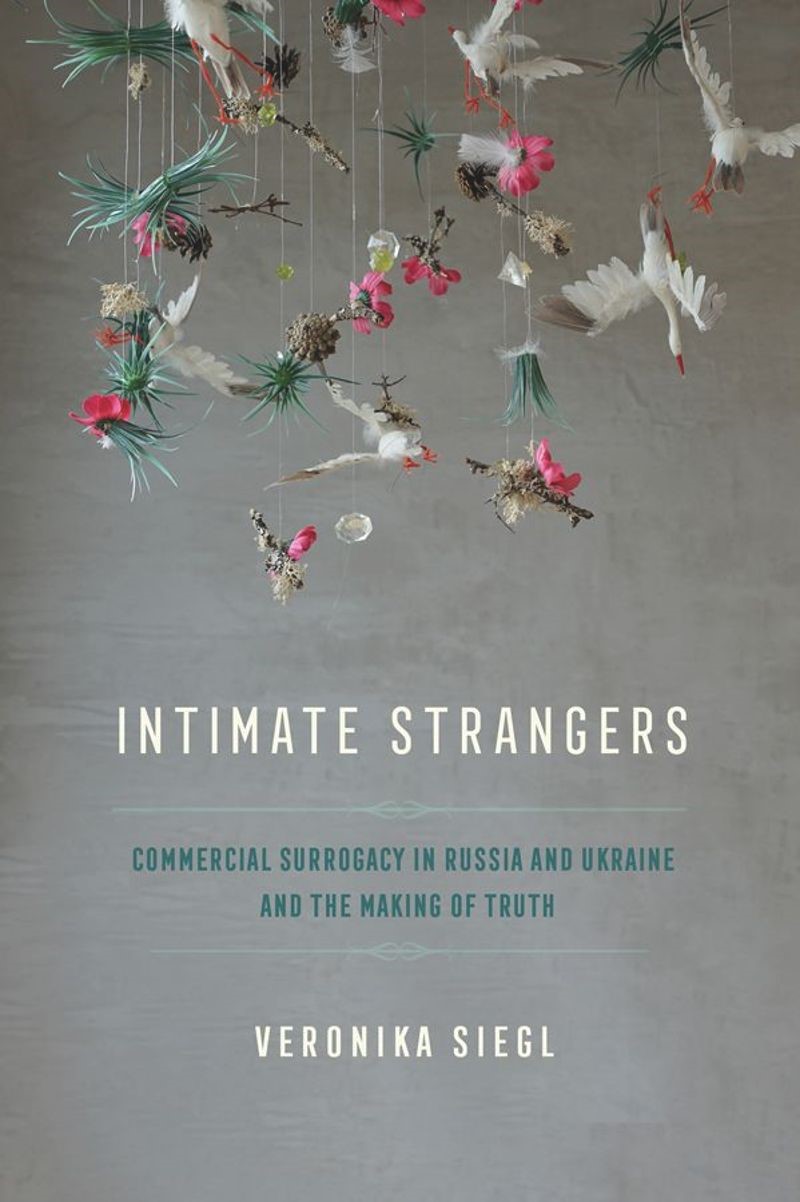




























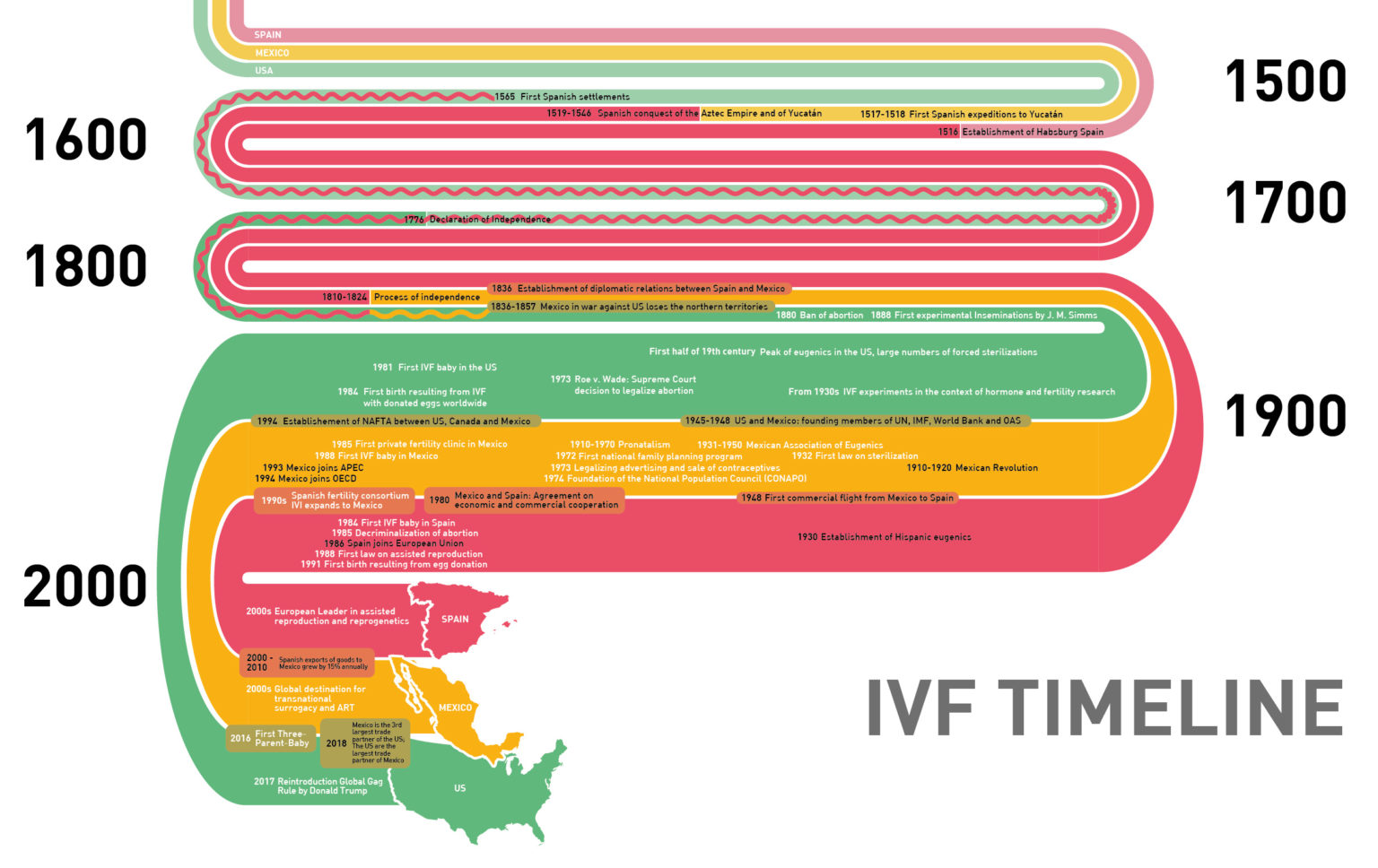












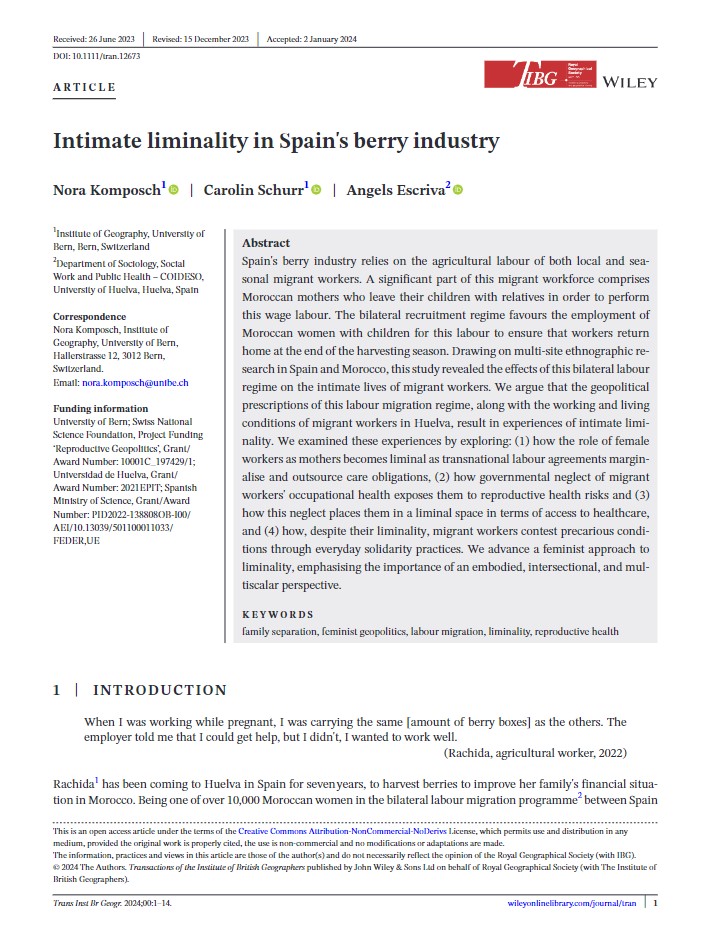


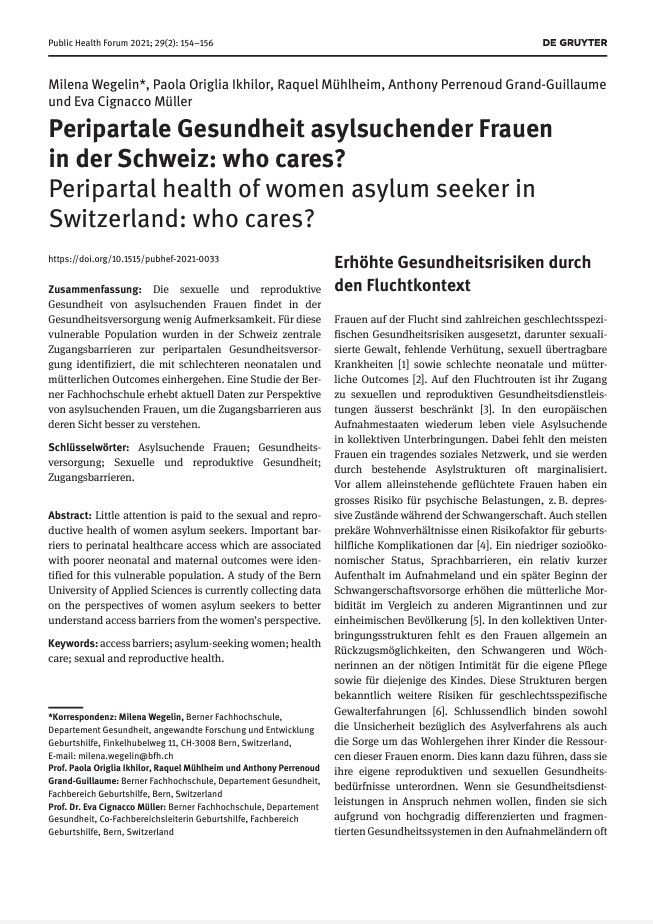
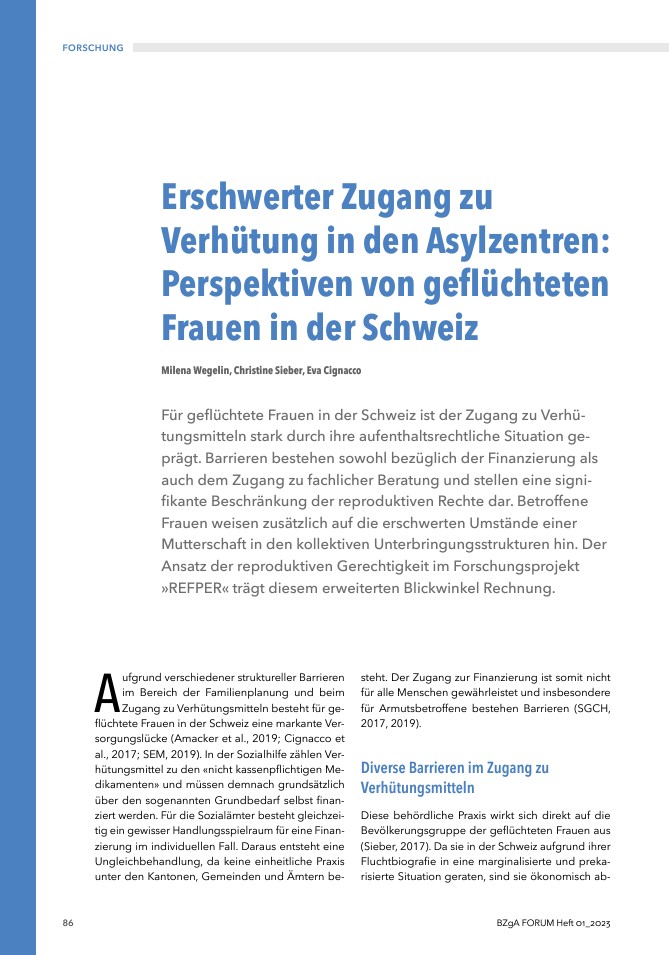
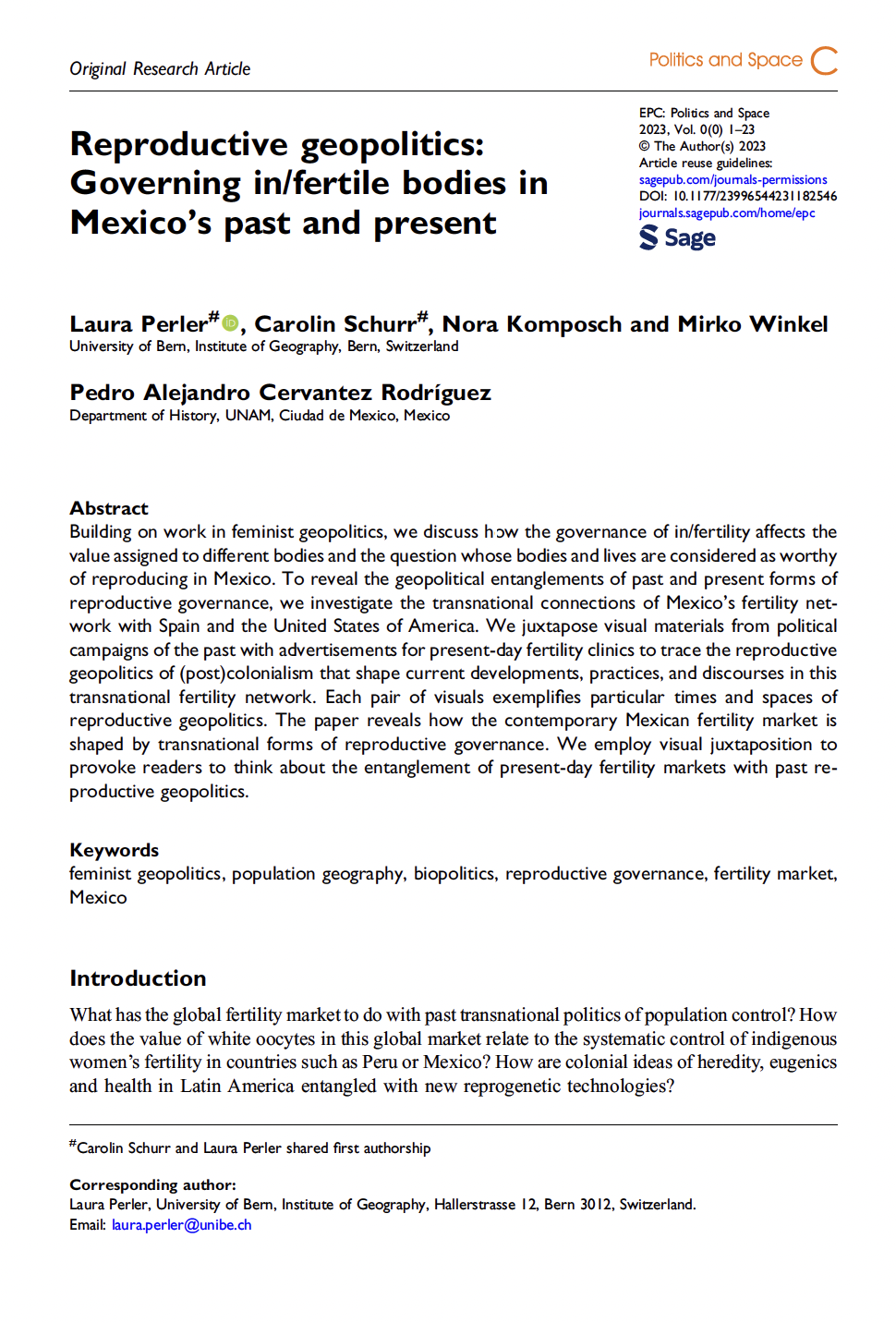
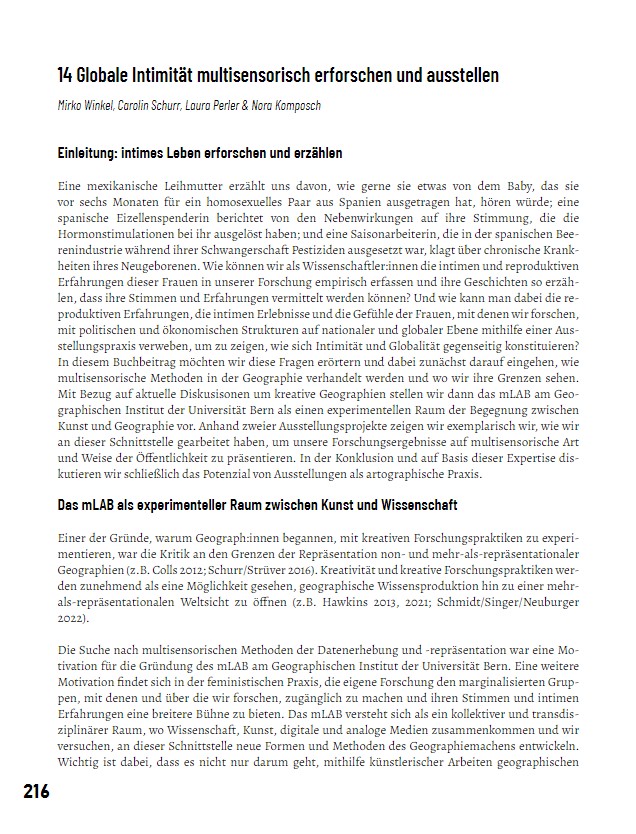
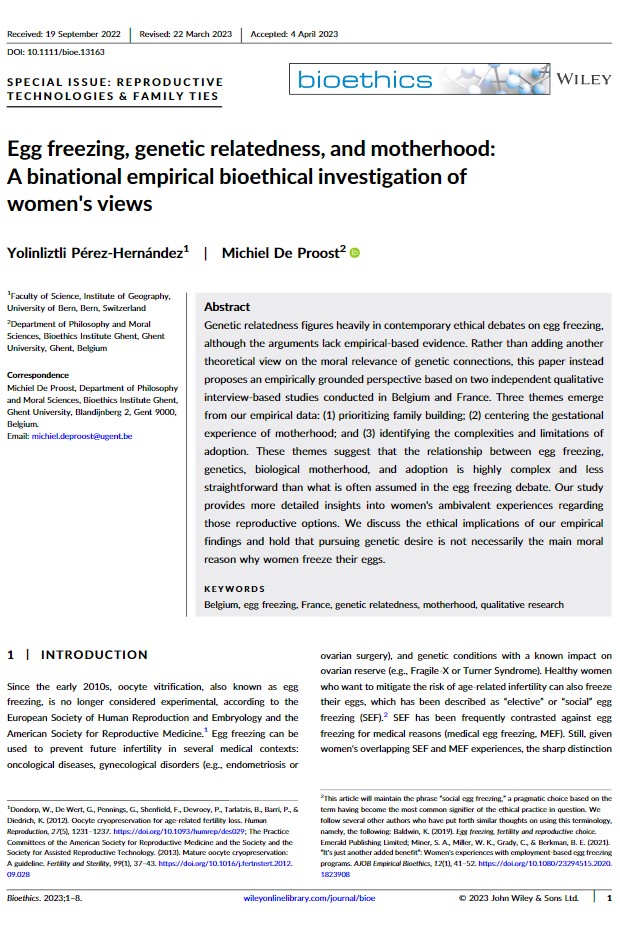

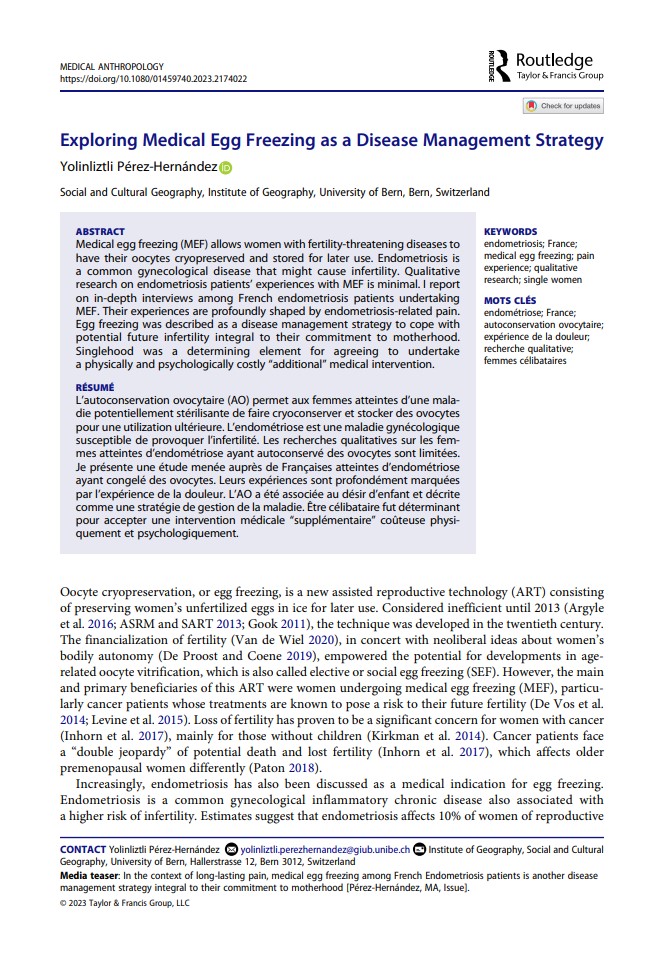
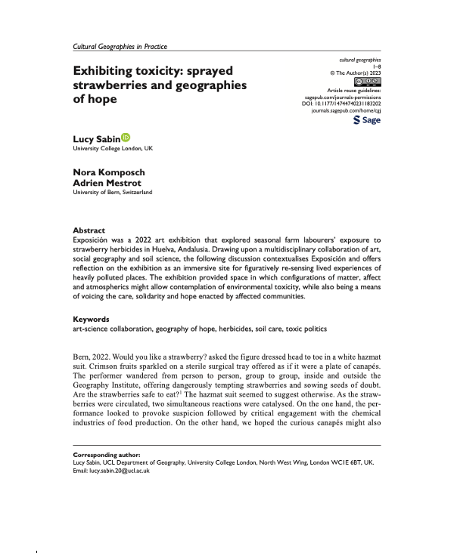
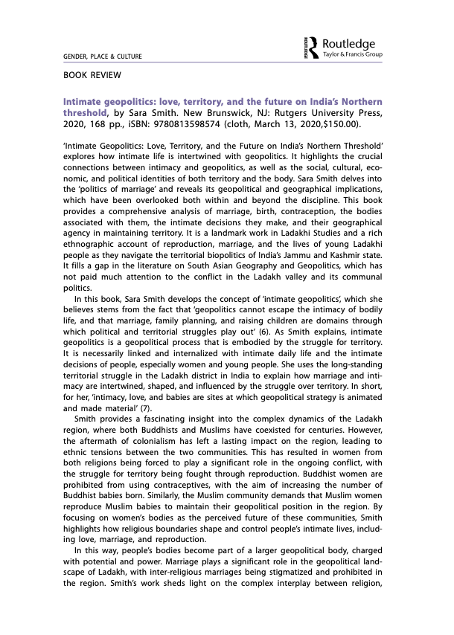
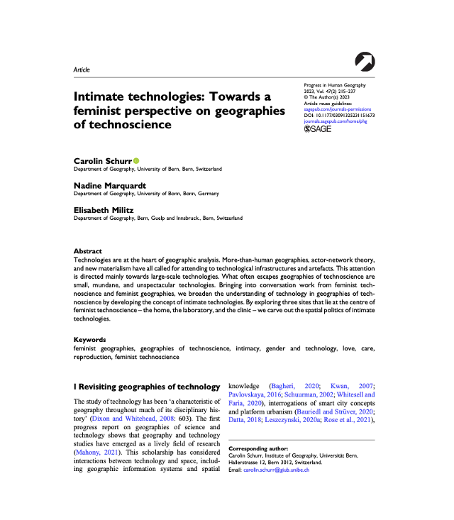
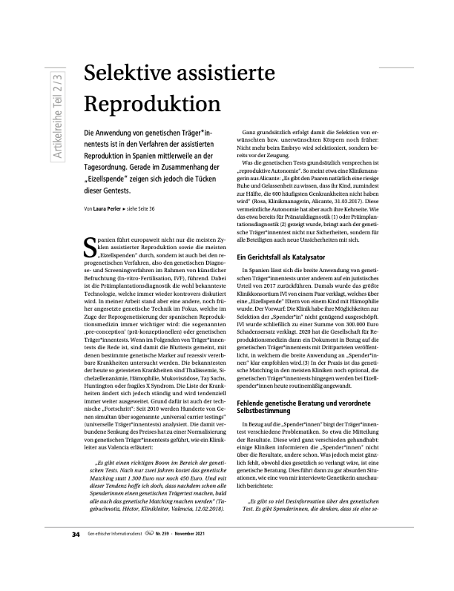
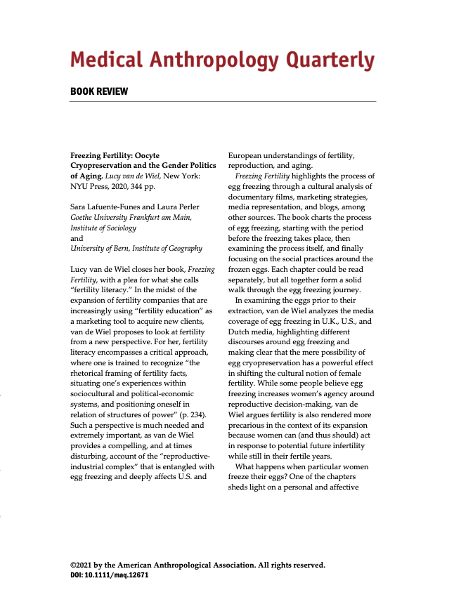
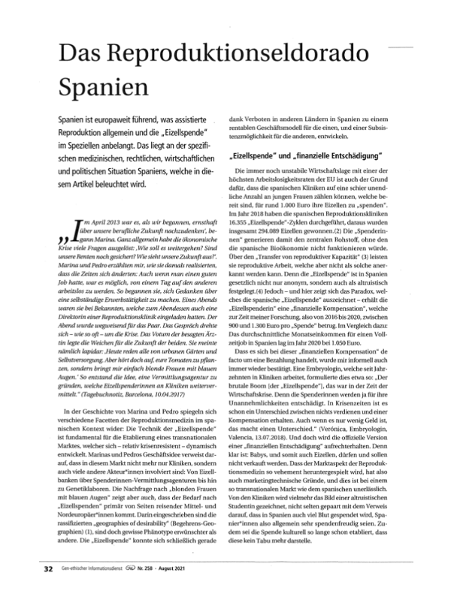

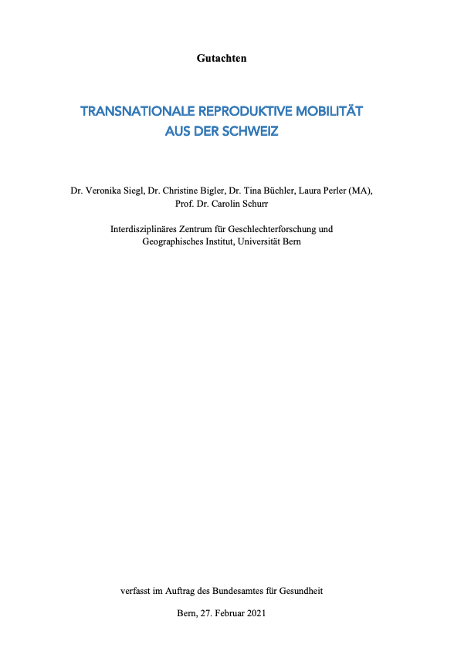
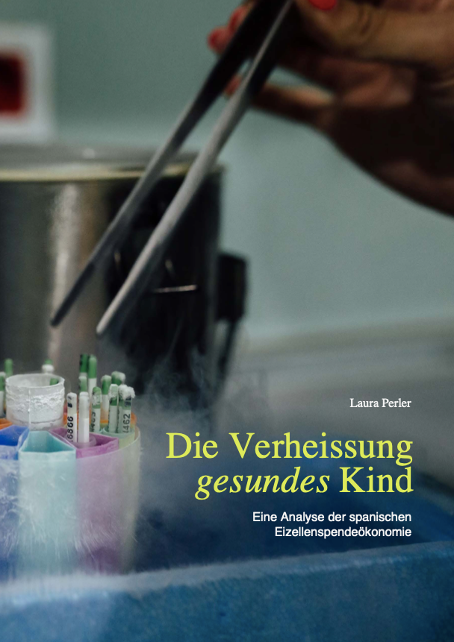
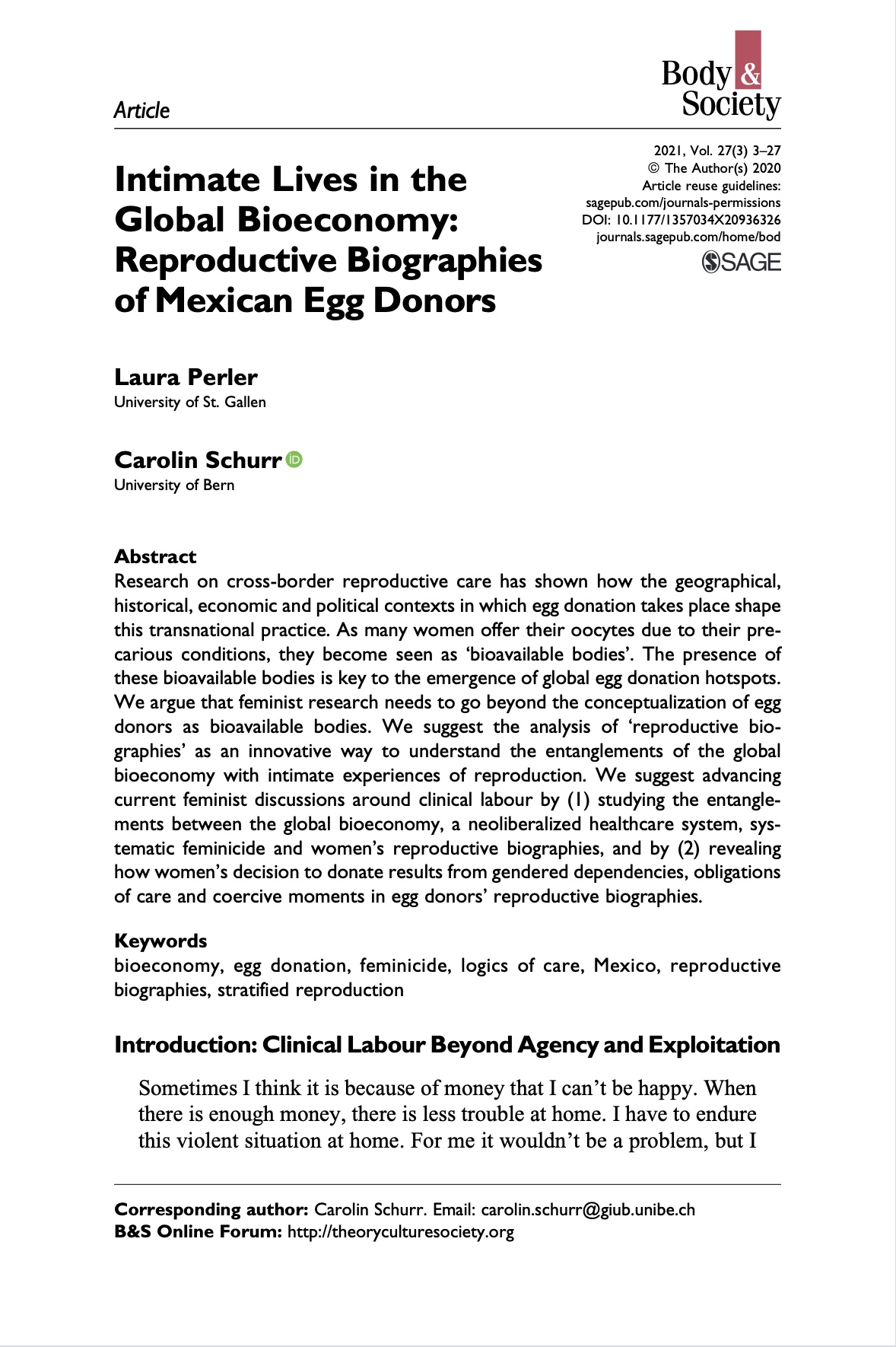
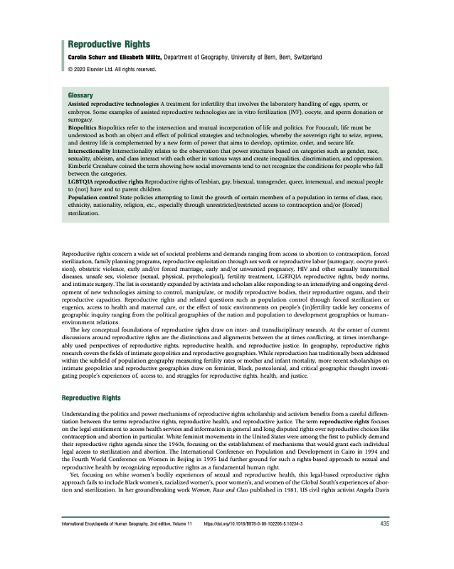
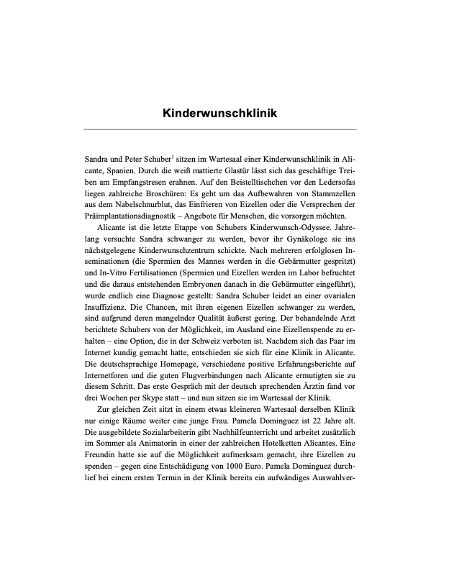
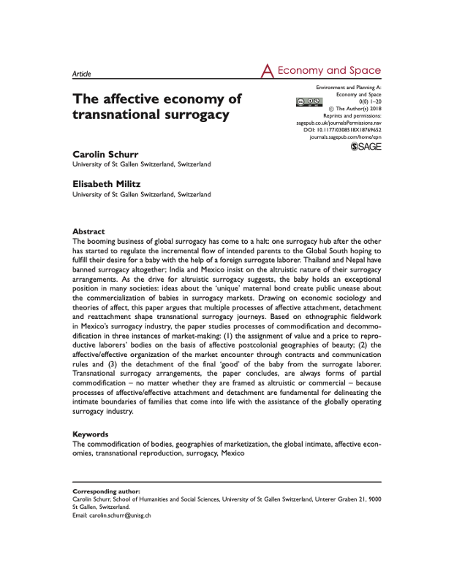
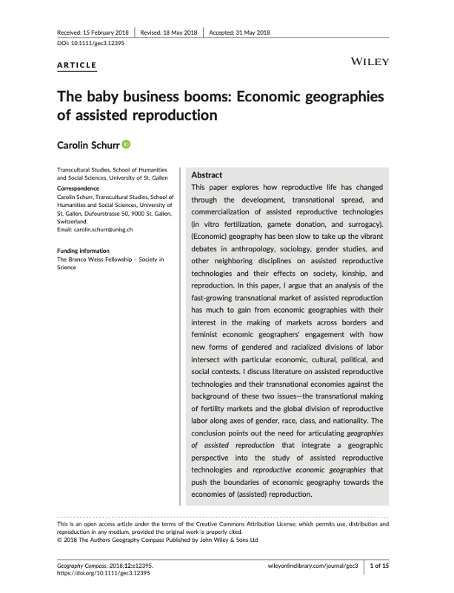
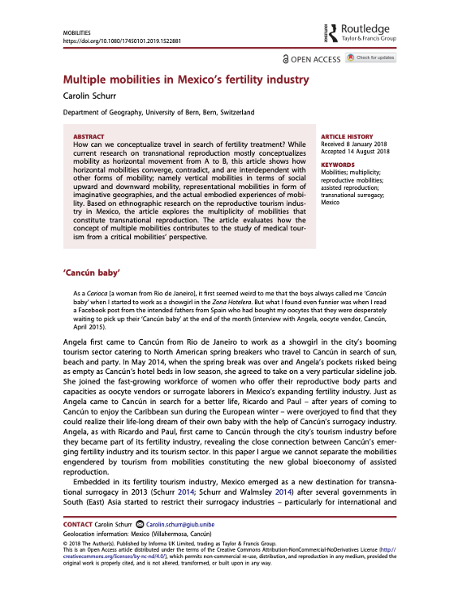
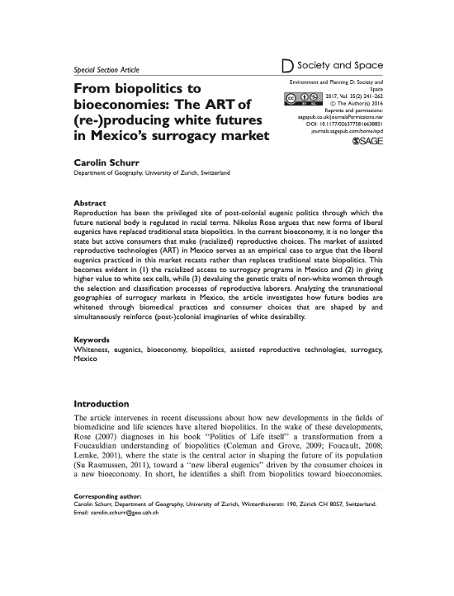


The booming business of global surrogacy has come to a halt: one surrogacy hub after the other has started to regulate the incremental flow of intended parents to the Global South hoping to fulfill their desire for a baby with the help of a foreign surrogate laborer. Thailand and Nepal have banned surrogacy altogether; India and Mexico insist on the altruistic nature of their surrogacy arrangements. As the drive for altruistic surrogacy suggests, the baby holds an exceptional position in many societies: ideas about the ‘unique’ maternal bond create public unease about the commercialization of babies in surrogacy markets. Drawing on economic sociology and theories of affect, this paper argues that multiple processes of affective attachment, detachment and reattachment shape transnational surrogacy journeys. Based on ethnographic fieldwork in Mexico’s surrogacy industry, the paper studies processes of commodification and decommodification in three instances of market-making: (1) the assignment of value and a price to reproductive laborers’ bodies on the basis of affective postcolonial geographies of beauty; (2) the affective/effective organization of the market encounter through contracts and communication rules and (3) the detachment of the final ‘good’ of the baby from the surrogate laborer. Transnational surrogacy arrangements, the paper concludes, are always forms of partial commodification – no matter whether they are framed as altruistic or commercial – because processes of affective/effective attachment and detachment are fundamental for delineating the intimate boundaries of families that come into life with the assistance of the globally operating surrogacy industry.